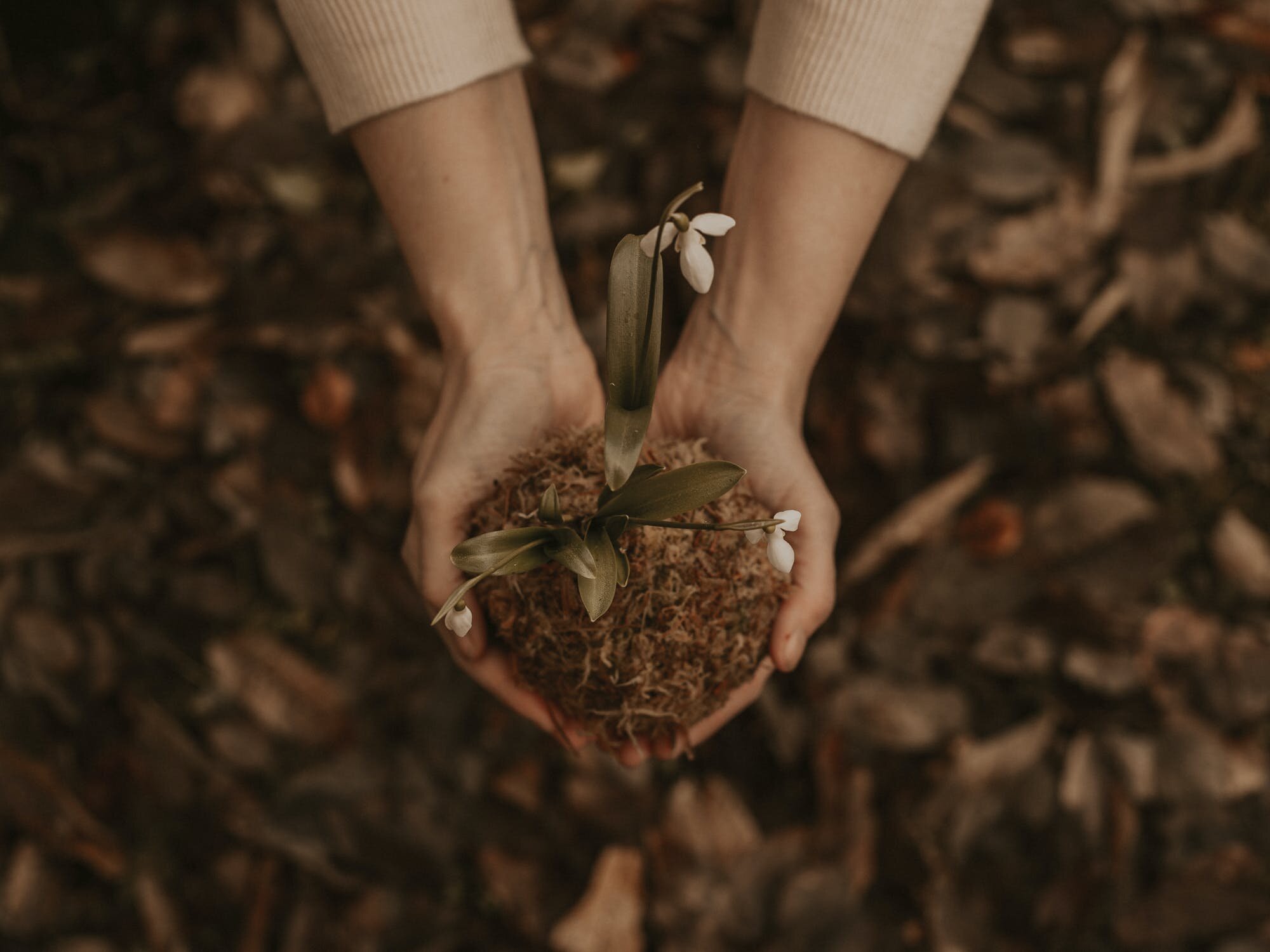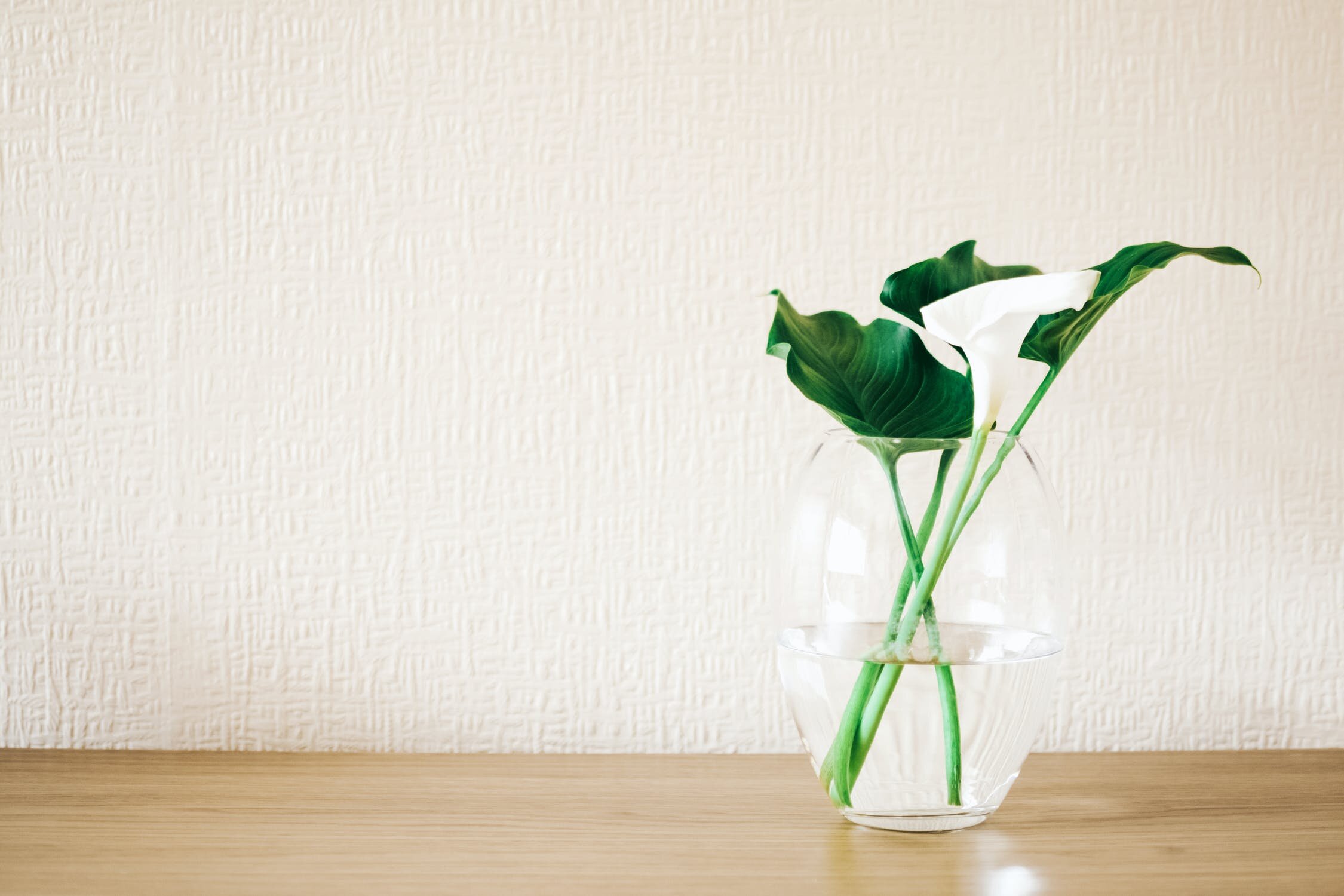National Poetry Month is almost over, and because of the current pandemic, April feels like it didn’t really even happen this year. Our normal springtime activities have been halted, and we haven’t been able to truly enjoy this season as we usually would. Today, I’m turning to poetry to channel that spring energy and feelings of hope that should come with seeing the world blossom, even if we’re not getting to experience it fully this year. Here are five poems about flowers to carry you into May and bring a bit of beauty to your quarantined spring.
Flowers from a New Love after the Divorce by Paisley Rekdal
This poem from Rekdal’s 2012 collection Animal Eye caught my attention because of what Rekdal does – and doesn’t do – with form. For the first few stanzas, I thought I was in for a very broken sestina, but that idea faded as the poem and its extended metaphor carried on. Repeated words and phrases work in different ways depending where they fall in the poem, and the whole thing is a thoughtful meditation on love, loss, pain, healing and self-preservation. Excerpted below, but go read the whole poem too.
It’s only hope that makes you take out scissors,
separate each bloom and cut
where you last measured. Did you know
Venus was said to turn into a virgin
each time she bathed? She did it
as a mark of love. She did it
so as to please her lovers. Perhaps,
overwhelmed by pain,
she eventually stopped bathing
altogether. It doesn’t matter. It’s a pleasure
to feel the green nubs stripped, watch the stems
refresh under your blade. ( . . . )
Flowers, Always by Cate Marvin
“Flowers, Always” appeared in Marvin’s collection Fragment of the Head of a Queen (2007) and is a meandering and associative examination of the idea of “always” and permanence, a thing the speaker has yet to experience. I have loved Marvin’s work since I read “Dead Girl Gang Bang,” which you should also check out after you read “Flowers, Always.” Excerpted here.
Inexplicable, the sign outside a deli scrawled
with FLOWERS
and below that: ALWAYS.
But there were no flowers. And I have never
seen an Always. I would like to,
and I have looked.
Forced Flowers by Neal Bowers
This short poem, which appeared in the July 1992 issue of Poetry, ruminates on the act of making flowers bloom before they are ready and outside of their natural habitat. It’s a quick study of patience, natural vs. unnatural, human vs. nature, and the ways we fool ourselves into feeling certain things. Read the full poem and let the ending move you. Excerpted below.
It’s not the subtle way, of course,
as anyone knows who’s tricked forsythia,
bringing boughs inside to bloom
from wine carafes and coffee cans,
so much duped yellow
the whole house laughs.
Flowers by Cynthia Zarin
“Flowers,” from Zarin’s 2017 collection Orbit, is a conversational piece from the speaker to someone who has given them flowers. The speaker describes some seemingly simple action, but there is powerful emotion hiding just below the poem’s surface. Read the whole poem and sit with the last line for a bit. Excerpted below.
This morning I was walking upstairs
from the kitchen, carrying your
beautiful flowers, the flowers you
brought me last night, calla lilies
and something else, I am not
sure what to call them, white flowers,
of course you had no way of knowing
it has been years since I bought
white flowers—but now you have
and here they are again. ( . . . )
Wild Flowers by Matthew Vetter
“Wild Flowers” first appeared in The Louisville Review in 2008. Flowers are often used to explore themes of impermanence and change, but Vetter does something particularly unique here. The speaker brings in the image of wildflowers being stepped on to say something about his father’s life after he left the speaker’s mother in his mid-fifties. There’s a fine line between destruction and freedom in this poem. Excerpted below.
never slowing until he sees
the bull. He stops, pulls
his bike to the side of the road,
where golden rod and clover grow,
walks up to the fence, admires
its horns, ( . . . )
Do you have a favorite flower poem in mind? Tell us in the comments!






